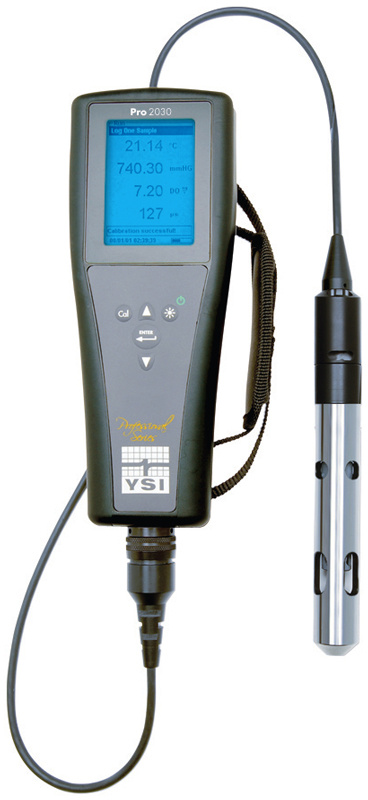Pollution Control Technician Terms
1/35
There's no tags or description
Looks like no tags are added yet.
Name | Mastery | Learn | Test | Matching | Spaced | Call with Kai |
|---|
No analytics yet
Send a link to your students to track their progress
36 Terms
biochemical oxygen demand
A measure of the amount of oxygen that microorganisms will consume while decomposing organic matter by measuring the amount of oxygen consumed over a given period.
mg/L
grab sample
single container of wastewater that is taken at one specific time. indicate the condition at that specific time and may not represent the normal conditions. required for pH, DO, and bacteriological analyses
composite sample
a mixture of multiple samples collected over time or from various locations to provide an average representation of the wastewater collected in a standardized manner
influent
untreated wastewater entering a treatment process
total suspended solids
a measure of the particles suspended in water, including organic and inorganic materials.
mg/L
combined sewer
pipe conveyance systems that carry both wastewater and storm water in a single pipe to a wastewater treatment facility for processing
lift (pump) station
underground chamber equipped with pumps and a wet well, designed to elevate wastewater to a higher elevation when gravity flow is not feasible. these stations are crucial components within a collection system, ensuring the continuous conveyance of wastewater to a treatment facility by overcoming topographical challenges and maintaining gravity flow downstream.
sanitary sewer or collection system
underground pipe system used to convey water to a treatment facility
sanitary sewer overflow
release of wastewater from a sewage collection system or an interceptor sewer directly into a water or to the land surface during heavy rainfall or system failures
storm sewer
underground pipe system that collects rainwater from streets and conveys it to a place other than the wastewater treatment plant
wet well
tank where wastewater is collected. the wastewater is then pumped out. commonly found in lift stations and at the headworks of the wastewater treatment plant
aerobic
free and dissolved oxygen is available
anoxic/anaerobic
oxygen is only available in combined form such as nitrate, nitrite, or sulfate
biosolids
nutrient-rich organic matter resulting from the treatment of sewage, used as fertilizer in agriculture.
microorganism
living organism too small to be seen with the naked eye. bacteria, fungus, virus, protozoa
sidestreams
flows generated within the wastewater treatment plant, usually from solids processing that has been recycled back through the plant
pathogens
infectious microorganisms in wastewater that pose human health risks
mainline sewer
pipes that collect sewage from buildings and flow by gravity to the treatment plant
force mains
sewer pipes where wastewater is pumped under pressure to a specific location. used when sewage cannot flow by gravity
wet well lift station
a single chamber that collects wastewater. commonly called a submersible lift station due to the pump and motor being completely submerged. the submersible centrifugal pump in watertight and normally controlled by float switches. they are made to be easily removed for cleaning and maintenance using a rail system
conductivity
ability of an aqueous solution to transmit or conduct electricity.
μS/cm or mS/cm
dissolved oxygen
oxygen gas dissolved in water
mg/L or ppm
sonde with probe
used for measuring DO, pH, conductivity, temperature, and turbidity

turbidity
physical clarity of the water measured by how far light can travel through it.
NTU (nephelometric turbidity unit)
6 ways to reduce back injury
loads over 25lbs may require assistance
lifting objects over shoulder is risky
position yourself so load is close to body
lift with legs
keep one foot slightly in front of the other
complete the lift before turning or twisting your torso with the load
what to do before entering manhole
check for oxygen deficiency, hydrogen sulfide, explosive gases, and other atmospheric hazards
prevalent diseases that can be contracted through wastewater exposure
gastroenteritis (stomach flu)
dysentery
hep b and c
giardiasis
upper respiratory illnesses
potential toxic gases at wastewater sampling sites
hydrogen sulfide
methane
carbon monoxide
chlorine
common pathogens in contaminated water
norovirus
shigella
vibrio cholera
campylobacter
giardia
infectious hepatitis
inoculation
an injection that stimulated a resistance to a disease within a person’s body
acidification
common preservation method to help prevent changes in samples where a small amount of acid is added immediately after collection or is already present in the sample container
flow-proportional sampling
most representative method of collecting wastewater coming in and out of the treatment plant. volume of each sample is collected based on flow. it is more representative to take a small sample more often than a large sample less often
auto composite sampling log information
sample identification
date started
time started
date collected
time collected
sample temperature
operator initials
comments/observations
field collection record information
date and time
detailed sample location
preservation used
analysis requested
name and signatures of collector
pertinent field data
serial numbers of transport cases, sample log numbers
comments
critical maintenance tasks for pumps
lubrication
amperage checks
packing if leaking
flushing water seals
check for clogging
critical maintenance tasks for motors
grease
check the temperature
check amperage
inspect for noise and vibration